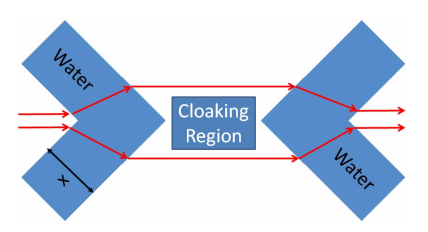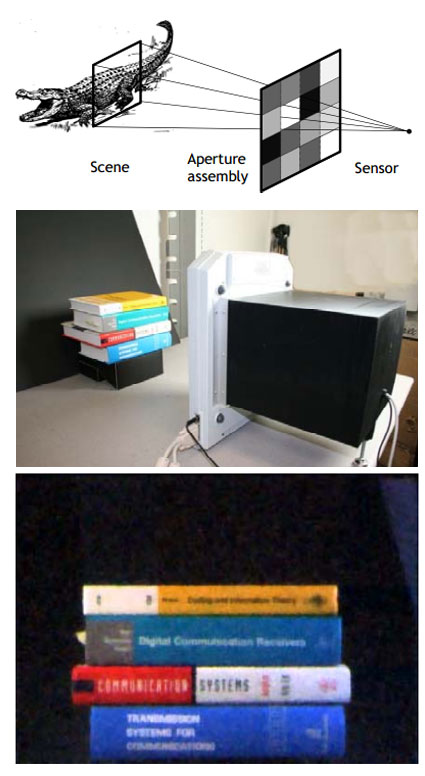- More Large-Scale Invisibility Cloaks, This Time From China and Beyond
Big, cheap invisibility cloaks are suddenly beginning to emerge thanks to some simple optical short cuts that physicists have discovered

- The Strangeness of Facebook Home
Facebook’s new interface for smartphones is at odds with how the world uses computers.
- Apple’s New Mobile OS Is All about Ive
With its new mobile OS, Apple looks to longtime design head Jonathan Ive, and takes a few cues from competitors.
For Apple, there’s a lot riding on iOS 7, the newest version of its mobile software and the first refresh overseen by veteran industrial design head Jonathan Ive. To satisfy as many people as possible, it seems, Apple took inspiration from several different sources—including competitors.
- Corning’s Gorilla Glass Is Coming to Cars Next
The strong glass that is used in 1.5 billion consumer electronic devices worldwide could soon help make more fuel-efficient, quieter cars.
Corning’s durable Gorilla Glass is used in the displays of iPhones and other mobile devices; it can be found in 1.5 billion electronic devices today. But the next market for the lightweight material might be literally larger: replacing some of the standard glass used on the windows of automobiles.
- EIA Says Worldwide Shale Oil And Gas Potential Is Huge
A surge in oil and gas production from shale rock has transformed energy in the United States, helping reverse declines in oil production and prompting a massive shift from coal to natural gas electricity production that has led to a significant drop in carbon dioxide emissions (since burning coal releases more carbon dioxide than burning natural gas). A new report from the U.S. Energy Information Administration lends support to the idea that a similar transformation could take place outside the United States.
Digest powered by RSS Digest






